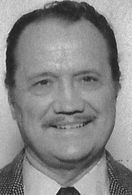
7. It is not always psychologically harmful to relinquish our range of personal freedom in favor of following the intentions of other identities whom we assess positively.
With this observation Rychlak subsumed a range of human behaviors.
- We choose meanings embedded in the cultures in which we live, perhaps not thinking about other choices we might make. We usually accept roles expected within specific cultures. But we can change cultures.
- We give up some choice for social roles, such as teachers, firemen, politician. But in the “more private aspects of our lives,” we expect choice.
- We may choose spiritual or religious lives that ultimately are the basis for meanings we bring forth day by day. They may sustain us in the darkest of times.
- We may choose to let others choose for us in important parts of our lives, others such as a life partner, a valued friend, a highly respected leader.
- We may adopt the premises of another as our own by observation, in part the essence of modeling.
- But we can run from decisions and rely too heavily on others, possibly leading to dysfunctional behavior.
- Likewise we may choose to follow charismatic leaders, which depending on the leader, may be good or bad.
My take-away:
History witnesses the power of people to change culture, to change their cultural roles, to change social roles. Courts speak to freedom in the private areas of our lives. Religious and spiritual experiences can transform lives. We do choose to share responsibilities, to follow others. I think it is easy to see ourselves as “tabula rasa,” blank tablets written upon by our environment. Rychlak reminds us that ultimately, in most situations, there is an element of choice, we may choose or “not choose”, either way we have chosen. In my opinion leadership occurs when a person or group chooses to follow because they are inspired, inspired to aim higher, work smarter, achieve difficult goals. They choose.
Image of Joseph Rychlak courtesy of L. Rychlak and used with her permission.
Rychlak, J. F. (1979). Discovering free will and personal responsibility. New York: Oxford University Press.
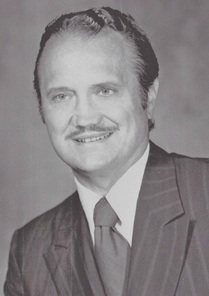
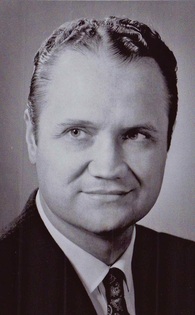
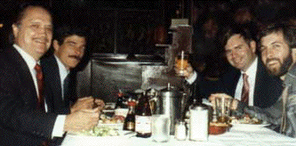
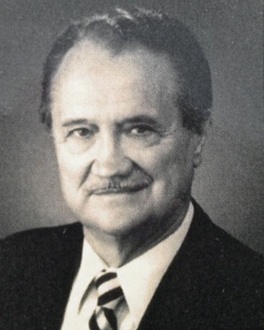
 RSS Feed
RSS Feed